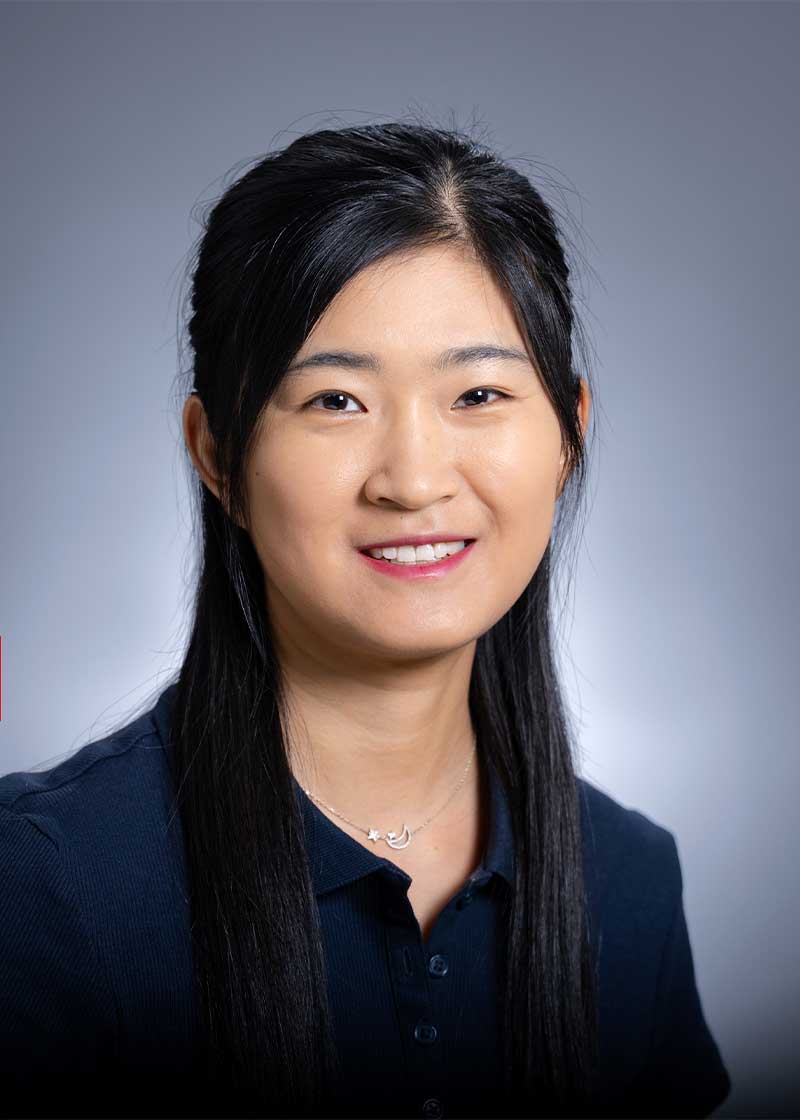What brought you to the UAB School of Public Health?
I was drawn to the UAB School of Public Health because of its strong interdisciplinary research environment and commitment to impactful, community-engaged work. As a biostatistician, I deeply value collaboration with clinical and public health researchers, and UAB offers a vibrant setting to contribute statistical expertise to real-world challenges. I was especially excited by the school’s emphasis on translational research and the opportunity to work with large-scale studies like REGARDS opens a new website. Additionally, the welcoming atmosphere and collegiality of the Department of Biostatistics made it an ideal place to grow as an early-career investigator.
What is the broad focus of your research?
My research broadly focuses on developing and applying statistical methods to improve causal inference in clinical and observational studies.
Where did you receive your training and degrees?
I received my PhD in Statistics from the Chinese University of Hong Kong where I was advised by Dr. Xinyuan Song. Following that, I completed my postdoctoral training at Duke University in the Department of Statistical Science under the mentorship of Dr. Fan Li.
What is the most exciting project you are currently working on?
I'm currently proposing a project that uses artificial intelligence to improve treatment decision-making for patients with rheumatoid arthritis. We’re developing methods to estimate heterogeneous treatment effects—essentially predicting which therapies are likely to work best for which patients—by integrating electronic health records with machine learning algorithms. This work has the potential to move us closer to precision medicine in rheumatology by reducing trial-and-error prescribing and helping clinicians tailor treatments more effectively.
What is your favorite self-authored manuscript?
Joint analysis of multivariate longitudinal, imaging, and time-to-event data opens a new website
What professional accomplishment are you most proud of so far in your career?
One of the most rewarding experiences I’ve had was co-supervising a student alongside my faculty mentor, who has since secured an academic position. Watching their growth and success has been incredibly fulfilling—it’s a reminder of the impact we can have as mentors and educators.
What is the coolest training or program you've been a part of, or your favorite conference you've attended?
Joint Statistical Meetings with the American Statistical Association.
What kind of research would you like to be doing that you haven’t yet had the opportunity to do?
I’m very interested in exploring causal discovery using large language models (LLMs). Clinical narratives often contain rich, underutilized information about patient behaviors, provider decisions and social determinants of health. Leveraging LLMs to extract and structure these insights could help uncover new causal relationships and improve treatment personalization, especially in complex conditions like rheumatoid arthritis. It’s a promising direction that combines my interests in causal inference, real-world data and AI-driven tools.
If you had the funding to answer one research question what would that question be?
How can we use causal inference and AI to deliver truly personalized treatment strategies for patients with chronic diseases.
If you weren’t in academia, what would your career be?
I would pursue something in the sports world—maybe as a fitness coach or working with athletes on strength training and performance.
